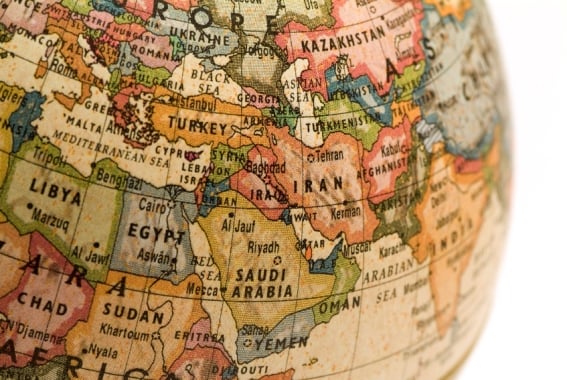From a fixed-income perspective, the ongoing unrest in Egypt should not rattle investors, according to Sara Zervos, head of the global debt team at OppenheimerFunds.
Ms. Zervos, who manages more than $13 billion in global fixed-income assets, said her investment strategy has not materially changed since the political unrest began in Egypt more than a week ago.
She did note, however, that she will be paying close attention to the way the Egyptian army handles the protestors.
“The only way this can be a real [investment] issue is if it spreads throughout the entire Middle East and causes oil prices to spike,” she said.
Crude oil prices hovered around $92 a barrel yesterday as Egypt's 30-year president Hosni Mubarak announced that he would not seek re-election in September.
“Oil is everyone's favorite indicator of Middle East risk,” Ms. Zervos said.
Even though Egypt controls the Suez Canal, which is responsible for 8% of global sea trade, the country's oil production is not the issue, Ms. Zervos said.
“Egypt is not a significant trading partner of any major emerging or developed country,” she said. “The potential impact of what's happening in Egypt is that it could lead to contagion in places like Saudi Arabia.”
Ultimately, Ms. Zervos believes the risks of such a contagion are minimal, which is why she has not adjusted her benchmark weightings in Egypt.
In fact, she has begun increasing her weighting in dollar-denominated Egyptian bonds.
In a research report issued yesterday, Ms. Zervos wrote that she expects there will be “noise surrounding Egypt and the Middle East for days, if not weeks, and our base case is there will likely be some pressure on the exchange rate of the Egyptian pound, while sovereign yields on local debt are likely to be fairly steady.”
Meanwhile, the local equity markets have been volatile.
The Egyptian equity markets, measured by the MSCI Egypt Index, fell by more than 21% between Jan. 14 and Jan. 28.
The S&P 500 fell by 1.3% over the same period.
But the fact that the S&P rallied by more than 2% since Jan. 20, as the protestors in Egypt started clashing with the police, is evidence that the global financial markets are managing to keep the political unrest in context, according to Ms. Zervos.
In an attempt to “view Egypt through the lens of the global landscape,” she pointed out that the country of 83 million, which generates $200 billion in gross domestic product, represents 0.3% of global GDP.
Portfolio Manager Perspectives are regular interviews with some of the most respected and influential fund managers in the investment industry. For more information, please visit InvestmentNews.com/pmperspectives.







